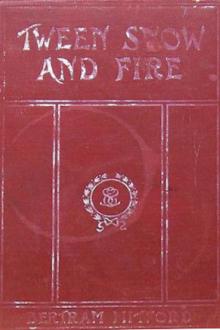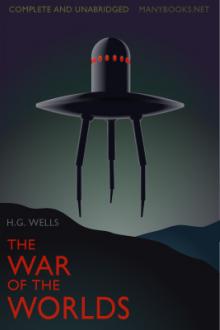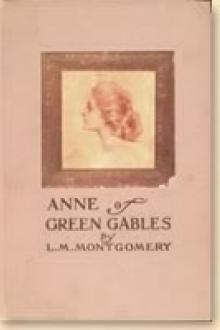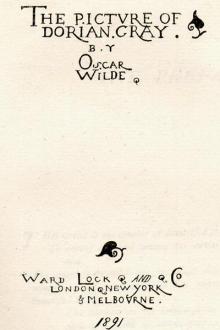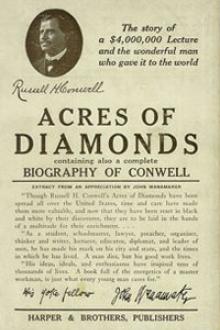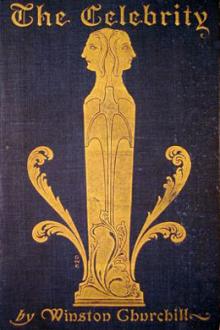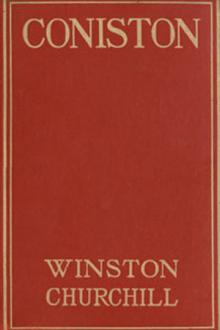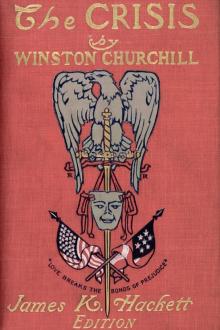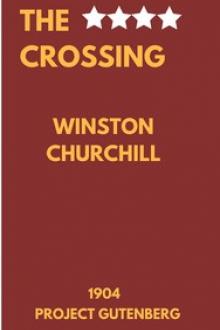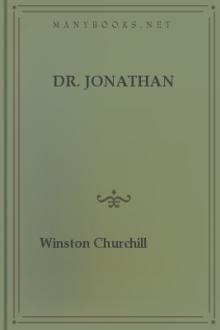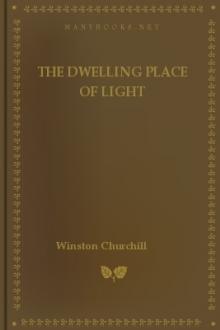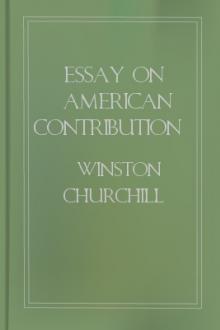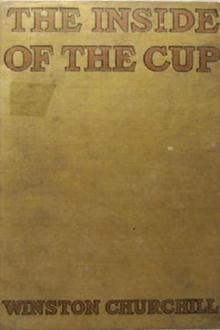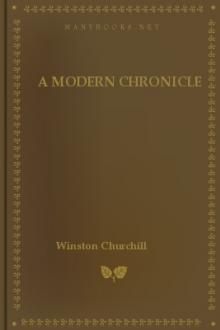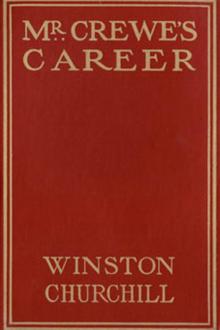The River War
The River War
An Account of the Reconquest of the Sudan
The reconquest of the Egyptian Sudan was a military achievement remarkable first of all for the fact that unvarying and complete success attended every movement form the advance from Wady Halfa to the defeat and death of the Khalifa. This success was mainly due to one man endowed with extraordinary organizing genius, seconded by able and zealous subordinates.
Book Excerpt
avery of the aboriginals is outweighed by the intelligence of the
invaders and their superior force of character. During the second
century of the Mohammedan era, when the inhabitants of Arabia went forth
to conquer the world, one adventurous army struck south. The first
pioneers were followed at intervals by continual immigrations of Arabs
not only from Arabia but also across the deserts from Egypt and Marocco.
The element thus introduced has spread and is spreading throughout the
Soudan, as water soaks into a dry sponge. The aboriginals absorbed the
invaders they could not repel. The stronger race imposed its customs and
language on the negroes. The vigour of their blood sensibly altered the
facial appearance of the Soudanese. For more than a thousand years the
influence of Mohammedanism, which appears to possess a strange
fascination for negroid races, has been permeating the Soudan, and,
although ignorance and natural obstacles impede the progress of new
ideas, the whole of the black race is gradually ado
Editor's choice
(view all)Popular books in War, History
Readers reviews
4.7
LoginSign up
I didn't find this difficult to read [but then I'm a glutton for military history] but I agree, a map of the Sudan and surroundings would be a help. While this, like most books of it's time and a lot later, shows an unacceptable level of bigotry,I find them interesting to see the unconscious feelings of the time. This is true of both fiction and non-fiction.
As an interesting sidelight, especially to anyone interested in firearms, Churchill was probably the first person to use an automatic pistol [semi-automatic] in combat. He had hurt his arm and couldn't handle a sabre, so carried a Mauser C-96 instead. Since it was only introduced 2 years earlier, it's probable that it had never been used in war before. Like Churchill, it lasted through WWII.
As an interesting sidelight, especially to anyone interested in firearms, Churchill was probably the first person to use an automatic pistol [semi-automatic] in combat. He had hurt his arm and couldn't handle a sabre, so carried a Mauser C-96 instead. Since it was only introduced 2 years earlier, it's probable that it had never been used in war before. Like Churchill, it lasted through WWII.
- Upvote (0)
- Downvote (0)
An account of the events leading to the defeat of the Sudanese at the Battle of Omdurman in 1898 by the British under Kitchener.
Originally written in two volumes in 1899, Churchill later revised the text down to a single volume, of which this is a copy.
The book is a valuable text, but is not always easy to read as narrative history. Churchill’s style often tends to be unwieldy and the casual reader may find themselves swamped with characters and places. An atlas of Sudan is essential, and a notebook to record names is helpful.
The book is of particular interest as Churchill was an eye-witness to many of the events, being an officer in the 21st Lancers. Particularly fascinating is his account of a cavalry charge at Omdurman, in which he participated. Britain was fortunate he made it alive to the Second World War.
The account of the Battle of Omdurman, towards the end of the book, makes the most gripping reading. However, the detailed accounts of troop movements and deployments may leave the reader wondering who did what where.
Much is revealed about the 23 year old Churchill’s view of the world and he reveals himself to have been an imperialistic bigot. As a product of Victorian England at the peak of empire, this is probably an unremarkable attitude for a young Englishmen of the time.
Don’t expect an easy bedtime read, but it is an interesting contemporaneous history and worth the effort if you have any interest in the place and period.
Originally written in two volumes in 1899, Churchill later revised the text down to a single volume, of which this is a copy.
The book is a valuable text, but is not always easy to read as narrative history. Churchill’s style often tends to be unwieldy and the casual reader may find themselves swamped with characters and places. An atlas of Sudan is essential, and a notebook to record names is helpful.
The book is of particular interest as Churchill was an eye-witness to many of the events, being an officer in the 21st Lancers. Particularly fascinating is his account of a cavalry charge at Omdurman, in which he participated. Britain was fortunate he made it alive to the Second World War.
The account of the Battle of Omdurman, towards the end of the book, makes the most gripping reading. However, the detailed accounts of troop movements and deployments may leave the reader wondering who did what where.
Much is revealed about the 23 year old Churchill’s view of the world and he reveals himself to have been an imperialistic bigot. As a product of Victorian England at the peak of empire, this is probably an unremarkable attitude for a young Englishmen of the time.
Don’t expect an easy bedtime read, but it is an interesting contemporaneous history and worth the effort if you have any interest in the place and period.
03/02/2013
A very interesting read. Winston led an adventurous life early on.
See his adventures in Afghanistan also. Very pertinent today.
See his adventures in Afghanistan also. Very pertinent today.
08/17/2012
Popular questions
(view all)Books added this week
(view all)
No books found
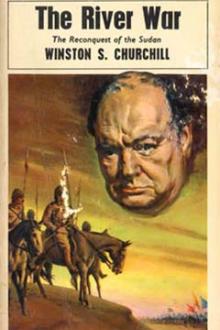
 Free Download
Free Download













